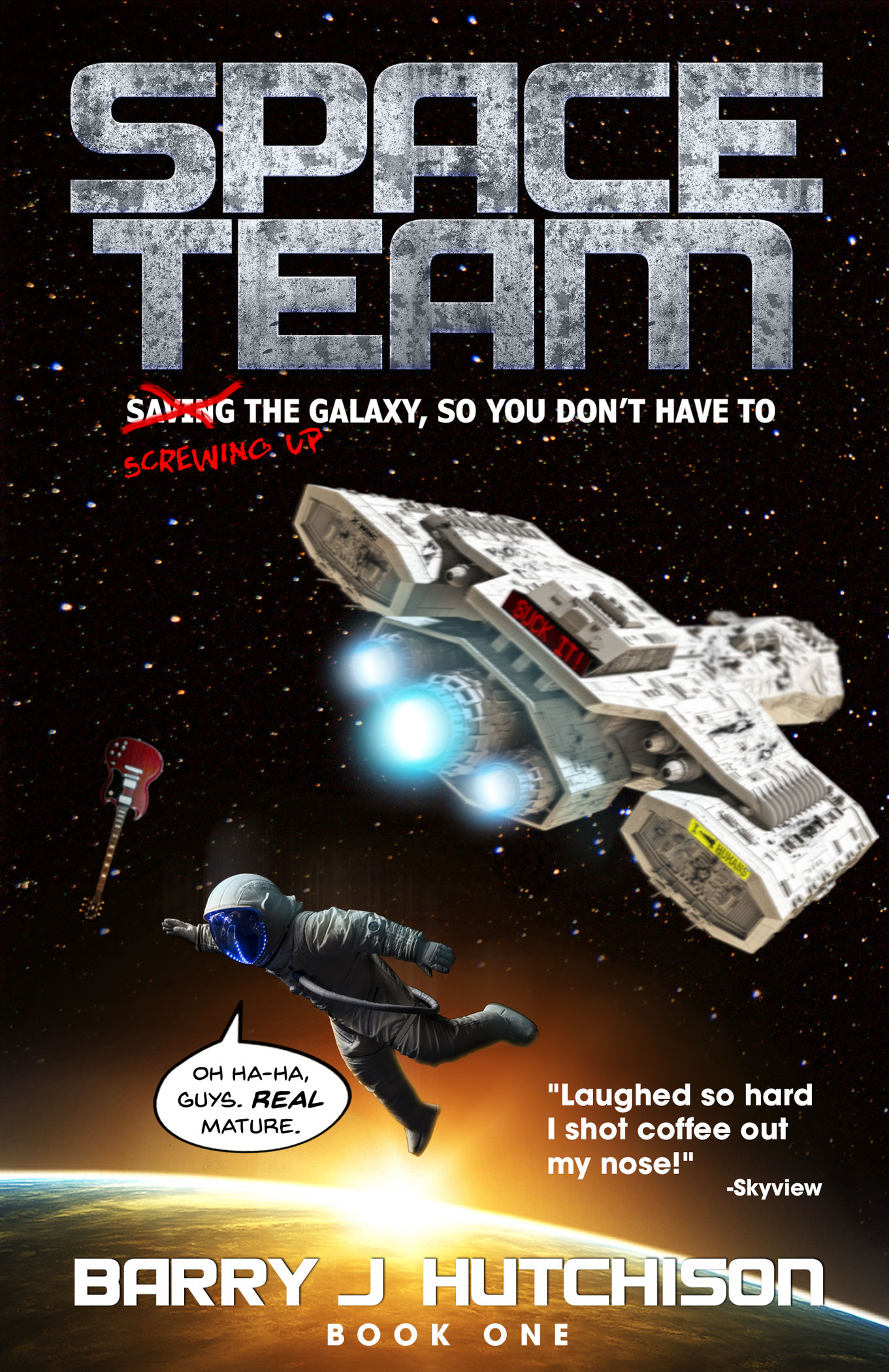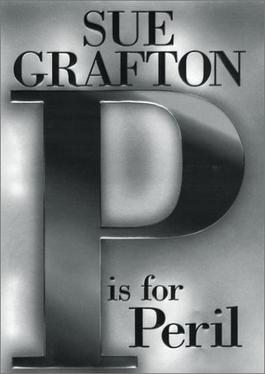The Black Tides of Heave,
by Jy Yang (2017)
 The Black Tides of Heaven
The Black Tides of Heaven was a free ebook from the
Tor.com Book of the Month Club. It amounts to one of two twin novellas, which establish the world of the
Tensorate series, by Jy Yang.
I was drawn to it because it seemed different, and, yes, because it was free. Likewise, as part of a "book club", I thought it might lead to a discussion, either now or when I see some like-minded friends at a up-coming convention. That's not likely to happen at this point.
While I'm glad I read it, I had a problem immersing myself into the fantasy world being created. On the very first page, we encounter the word "slackcraft" as something not to be used by the Great Abbot Sung to climb the 800 steps of the Great High Palace. I let this slip by in the first instance, not knowing whether that was some kind of magical incantation or transport. Later uses of the term "craft" also left me wondering if they were talking about an actual vehicle or crafting some kind of energy, which comes from the Slack. Only the basics were covered, but I went with it as much as I could.
However, what probably would've had me put the book aside if I hadn't been predisposed to reading it, was the overuse of the singular "they" in the first few chapters. The reason behind it made a compelling case, but the execution was maddening.
Basically, children are born of neutral gender and stay this way until they declare themselves (or are declared, in the case of a three-year old?) to be either male or female. This is done well enough in the case of the first such character introduced, Sonami, the youngest of the Protector's children, was wearing the gender-neutral colors of a child, without overtly stating that the character itself had no gender. I believe I had assumed in my mind that the character was female, and, in fact, a chapter later was. From my reading, it seems that choosing a gender also includes the ability to bear children.
My problem came from the twin babies that are introduced. I just used "it" to refer to a "character". The novella choose to use the singular "they", which is something that is gaining popularity in English. This was fine (though initially odd) when used with Sonami. But here's the rub, there are two twins, each referred to, individually and collectively, as "they". And since "they" are usually together during this period of "their" lives, it bogged down my reading.
Seriously, I haven't been that confused since I first read Ayn Rand's Anthem the summer before high school. (Note: this book is in no way similar to Ayn Rand's Anthem!)
The novella spans 35 years and feels too short, as if important parts have been left out. The Venerable One, the Great Abbot, had gone to the Palace to settle a debt. The Protector owed him one of her children for the Monastery in payment for his help during an uprising the year before. He expected to get Sonami, the only child whose future hadn't yet been spoken for. He hadn't counted on the Protector bearing extra children, specifically, a pair of twins. She gives him both as she has no need for the spare. The Abbott is forced to accept this arrangement, as well as leave them in her care for the next six years because the Monastery has facilities for babies. (And the Protector would not allow any children of hers to be raised in any home below their station in life.)
The children, Mokoya and Akeha, finally move into the monastery but it is a temporary situation. Within a few years, it is discovered that Mokoya's dreams about the future, like a prophet, and the dreams will come to be. Once this is learned, the Protector wants the child back, allowing the Abbot to keep Akeha as payment for the debt. High Abbot Sung sends both children back, bringing their time at the monastery to a close.
Next thing you know, they are adults, declaring their genders and parting ways pursuing their destinies, which, when it comes to the Slack, may already be laid out before them.
I didn't know when I started reading it that it was one of two twin novellas, and I don't know if this accounts for the gaps. The first chapter of the other book was included at the end of this one, but I declined to read it. Well, not true, I did skim it and discovered a little more background about the five aspects of Slack.
The resolution seemed too quick and easy to have been a final resolution.
At some point I might revisit the series when there's more to it available, and if I have more friends who have read it and want to talk about it. Maybe I'll have them explain to me how the magic works first.
* * *
Note: I previously left the following review on GoodReads when I had finished the book:
Felt incomplete, parts left out, like it was the trailer for a longer novel. Then at the end is the first chapter for another novella—I skimmed it for a little more background on how the magic worked. I stuck with it longer than I might have were it a different book, openly because it was recommended to me, and I wanted to read something different.










